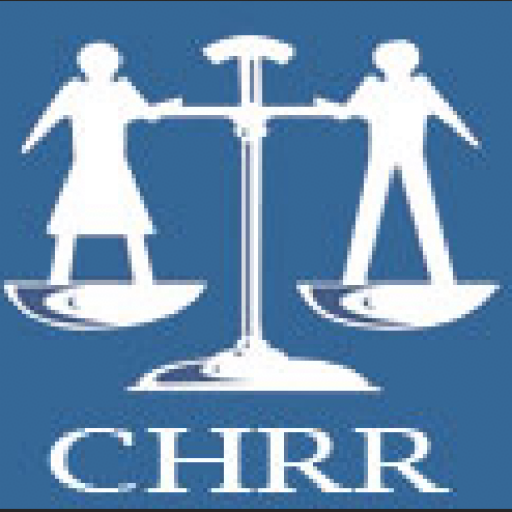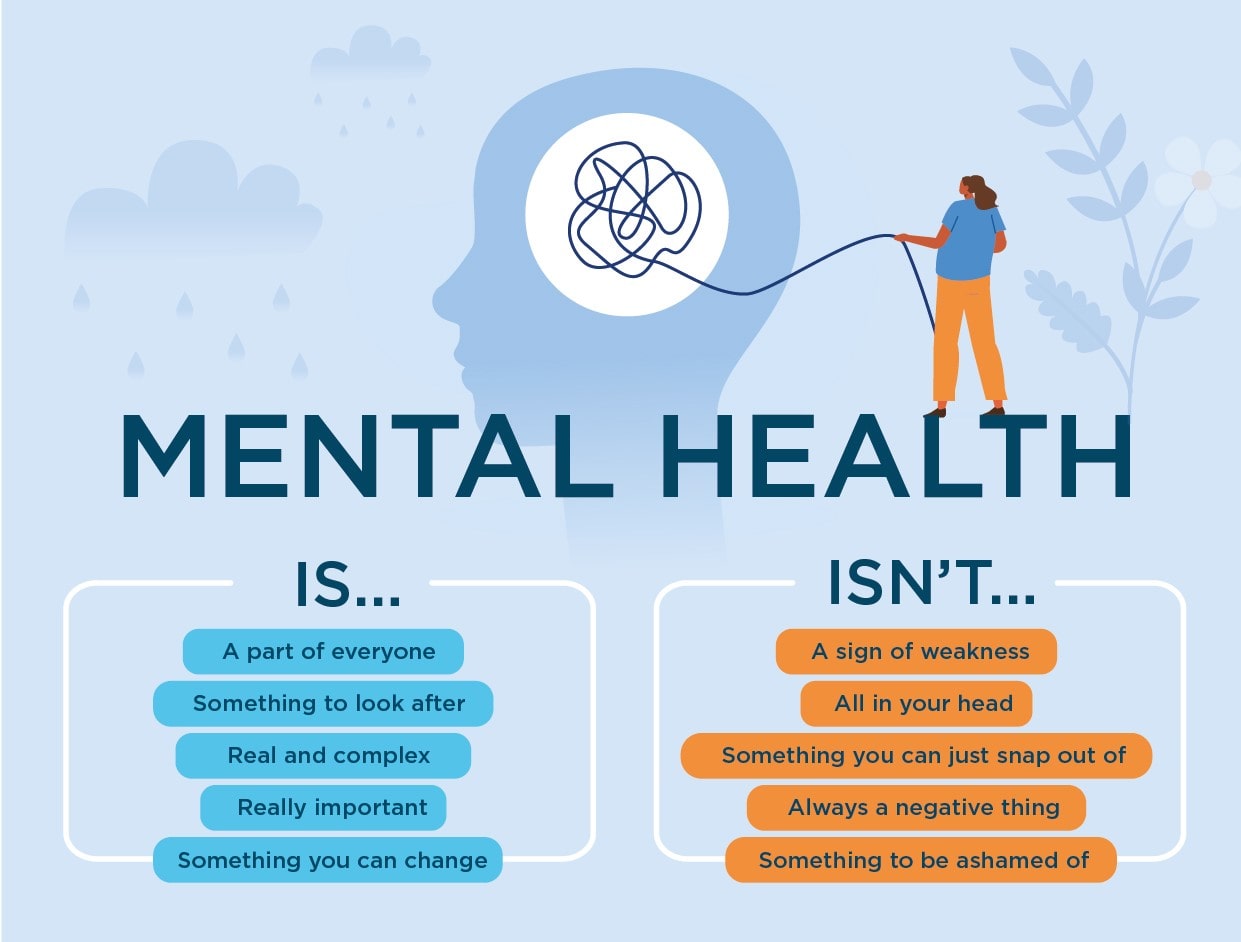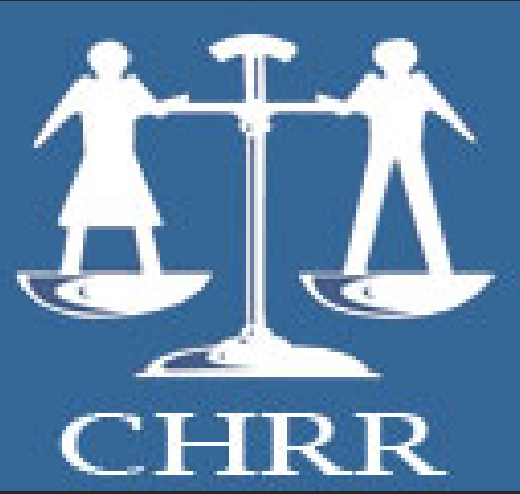An urgent appeal to government to declare a food emergency
The Centre for Human Rights and Rehabilitation (CHRR) is deeply concerned about reports of a worsening hunger situation in the country.
CHRR has received reports from its district and community stakeholders in Dedza, Dowa, Salima, Mangochi, Machinga, Mulanje, Chikwawa and other districts, indicating that the hunger situation in these districts has become so dire that villagers, including the elderly, pregnant women, lactating mothers and children, have resorted to eating maize husks (madeya) and cooked mangoes to survive. In some districts, the madeya is becoming scarce due to high demand for the same by animal farmers, resulting in people sleeping on empty stomachs.
We particularly call upon the government and other duty bearers to take the following measures:
- Declare an emergency in response to the situation. The declaration of a food emergency would be a welcome recognition of the severity of the situation in the country. The declaration would also provide a signal to development partners and other players to immediately respond by providing the necessary support to address the food crisis. This is a national crisis and government should treat it as such. We need a rapid response to avoid people dying from hunger.
- Provide immediate humanitarian support to all affected households. We are informed that the Department of Disaster Management Affairs (DODMA) is prioritizing cyclone Fred hit districts in its Lean Season Food Insecurity Response programme. However, it is a fact that the hunger has spread beyond districts that were hit hard by Cyclone Fred. It is more of a universal problem now and more and more people are suffering.
- Come up with measures to mitigate the hunger situation in the long term. This year’s El Nino weather phenomenon, which caused prolonged dry spells in many parts of the country, coupled with flash floods that we have witnessed in many areas, is warning of what is likely to come. Expert organisations, such as the Famine Early Warning Systems Network (Fewsnet) have already warned that the hunger crisis in Malawi will likely go beyond the harvesting season due to adverse effects of the El Nino weather phenomenon. It is, therefore, prudent and imperative to protect lives in the short term but also to find ways of ensuring that people have access to food beyond March 2024.
- Ensure transparency and accountability in the investment of funds for food security. We commend government for initiatives such as cash transfers meant for vulnerable households. However, we call for greater transparency and accountability in the use of these resources, including the identification and targeting of beneficiaries. With elections approaching, there is a risk that such initiatives could be politicized for political gain. Which is why it’s important that there should be greater transparency and accountability in the management of these initiatives.
- Abolish the Affordable Inputs Programme (AIP). The continued hunger in the country, in the face of the billions of kwachas that government continues to pump into the programme, is proof that the programme has failed. Government should instead invest the resoucres in modern agriculture technologies, irrigation farming and other more productive ventures.
The right to food is a basic human right. Government has an obligation to act now to ensure that everyone has access to the food they need to feed themselves and their families. Ordinary Malawians should not have to go to bed hungry every night.
Signed today, 17th January 2024, by:
Michael Kaiyatsa
Executive Director








Comments